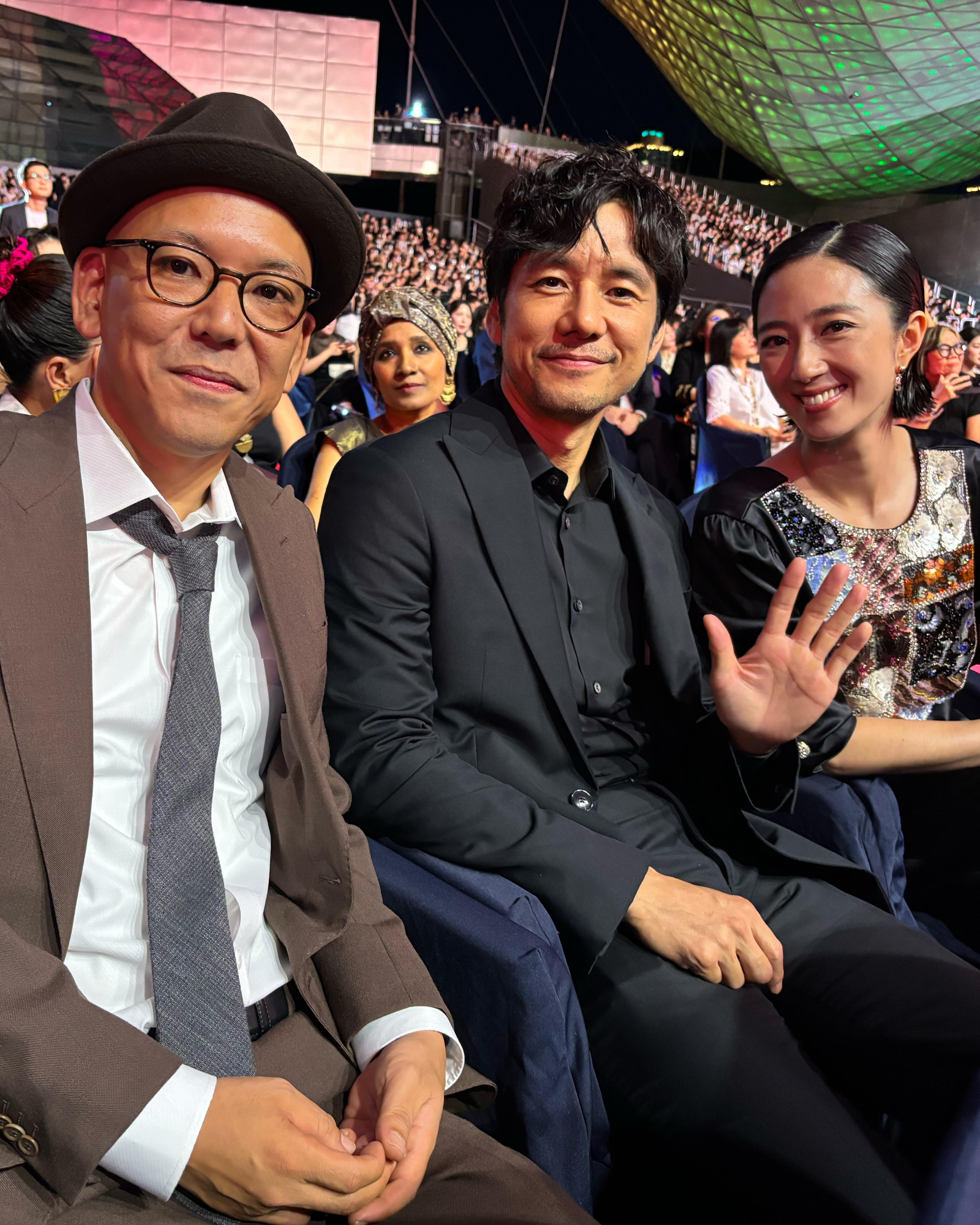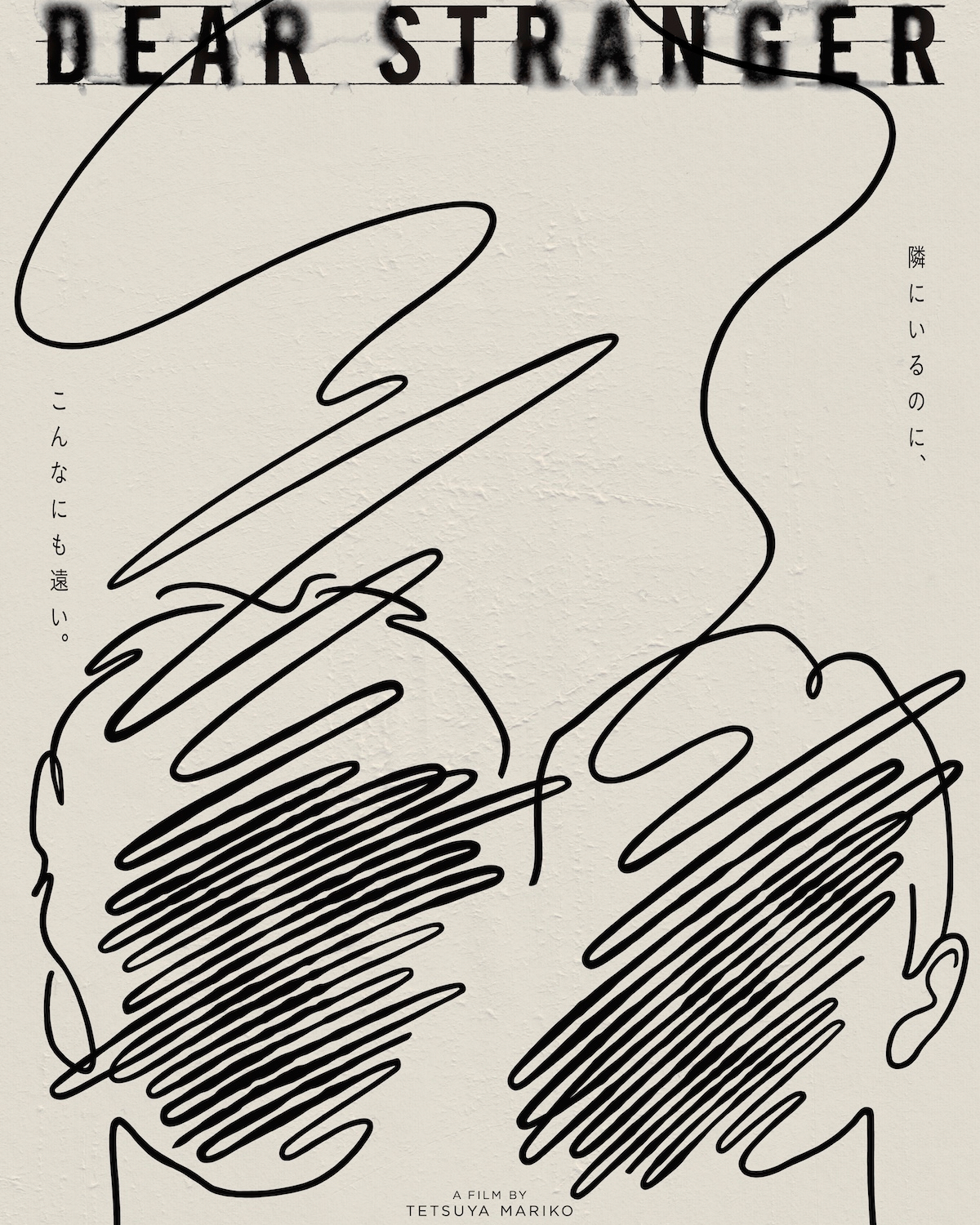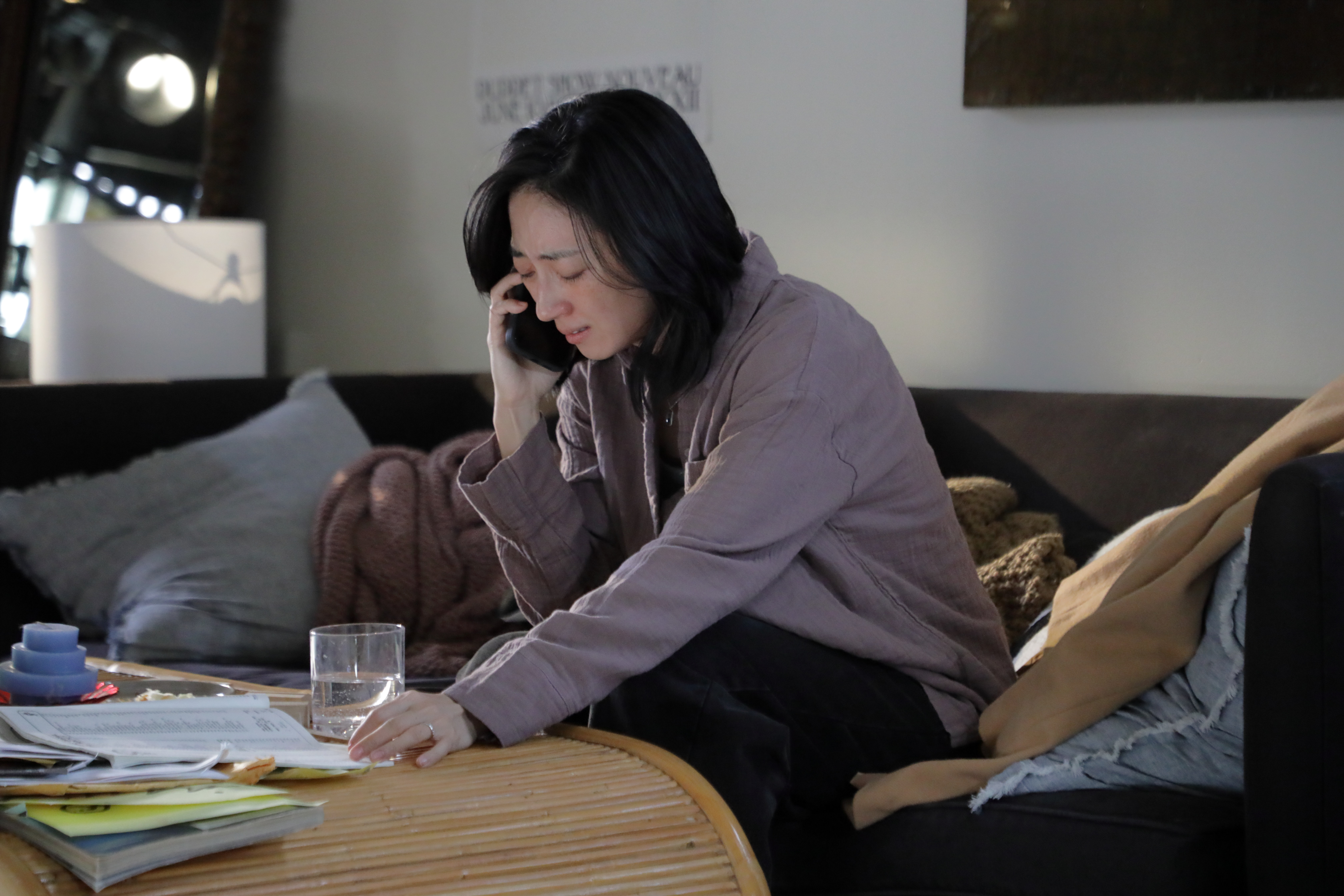

On September 12, 2025, Dear Stranger premiered in Japan before screening later that month at the Busan International Film Festival. The film follows a Japanese and Taiwanese American couple forced to confront their fractured relationship when their son goes missing. Director Tetsuya Mariko and actress Gwei Lun-Mei sat down with Timid to discuss how they brought the story to life.
Tetsuya Mariko: I have no personal experience in child kidnapping but during COVID, the world totally stopped and made me think about shooting this film. In the script, Kenji and Jane communicate with each other a lot but sometimes they have one thing they never spoke about. I interviewed a lot of actors and actresses, and it gave me a chance to depict these struggles.
Gwei Lun-Mei: In life, we often play different roles. We are mothers, we are daughters, we may be someone’s wife or girlfriend, or an employee of a company. Personally, I’ve always been searching for a kind of balance in my own life, so I especially understood Jane—she wants to realize herself but also hopes to play the role of a mother. I feel this is an issue modern women are constantly discussing.


Mariko: I was depicting the patriarchal issues that Kenji, as a man, has to confront within a marriage. In American society, one symbol of patriarchy is the gun, so I inevitably had to portray it. For Jane, her puppet is not just a puppet, but another soul, another self. To express its importance, I emphasized the puppet, as well as the ruins, which represent the same thing for Kenji.
Gwei: For me, the charm of this film is in how it speaks about human relationships and the barriers or ruins left behind by language. We use different elements to metaphorically express human desires. I really love that the film is filled with philosophy.

Mariko: Actually, everyone had different language backgrounds, whether the creators or the actors, so the most important issue was mutual understanding and communication.
Gwei: The language barrier was a problem because the director spoke to me in Japanese. It had to be translated so I could understand, but sometimes the translation would lose some of the nuances, the subtle details of what he originally said. So I had to keep my eyes wide open, watching to see if the director had other intentions behind his words.
Gwei: In my own life, I often feel there are many things I want to say, but in certain situations, I may not say them, maybe because my personality is afraid of conflict. Jane, as an immigrant, also faces being misunderstood, so she too can’t easily say everything aloud. But because she’s a puppeteer, I feel the puppet is another soul of hers. She uses puppetry to express all the words she cannot say. I remember one day during a shooting break, I went to the supermarket, and I really, really wanted to see a puppet show. But it was a Monday, so there were no shows at all. Later when I shared this with my friends, they said it felt like I had truly become Jane in that moment, as if in my life I also needed this passion to support me. It was like being a plant without water; without puppetry, I would wither.
-
Disclaimer: Tetsuya Mariko’s answers were translated from Japanese to English and Gwei Lun-Mei’s answers were translated from Mandarin to English.